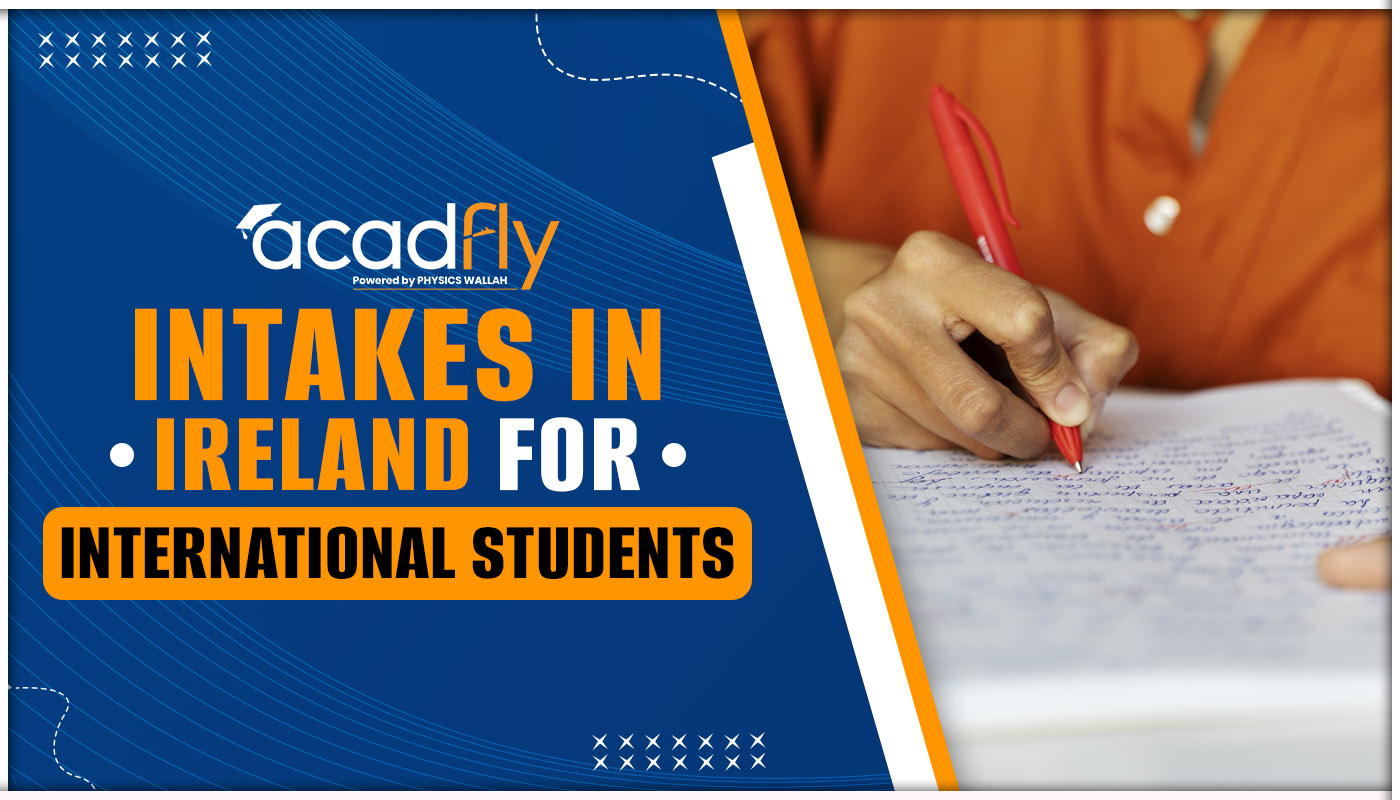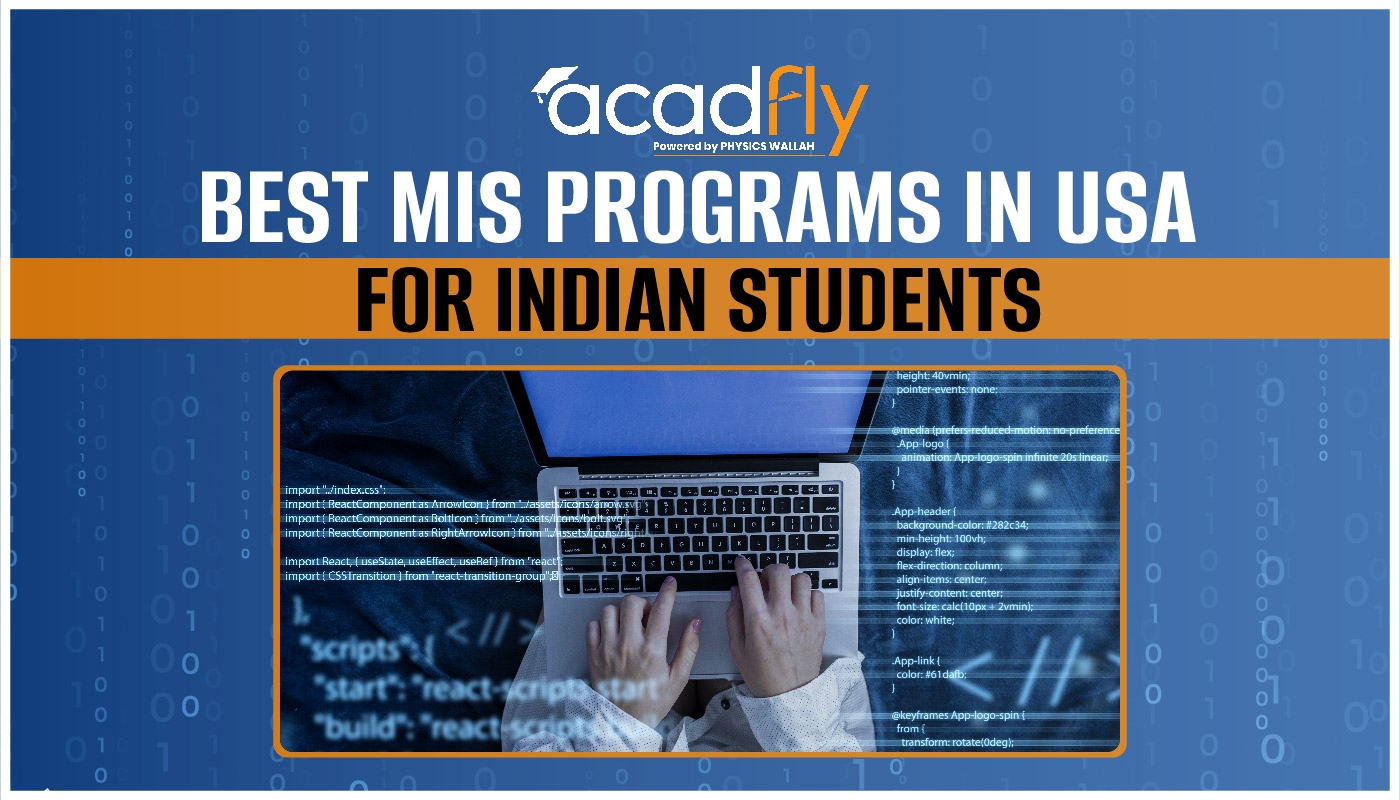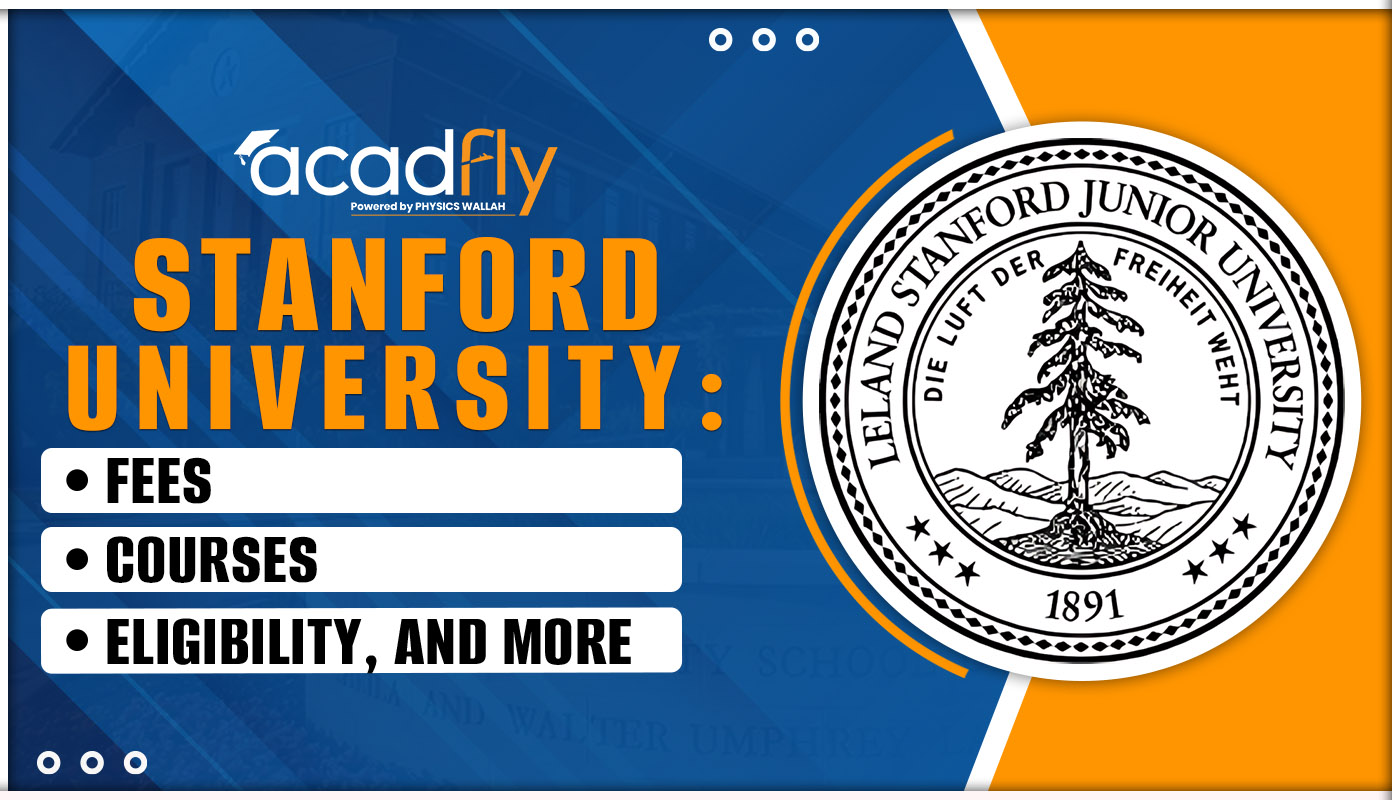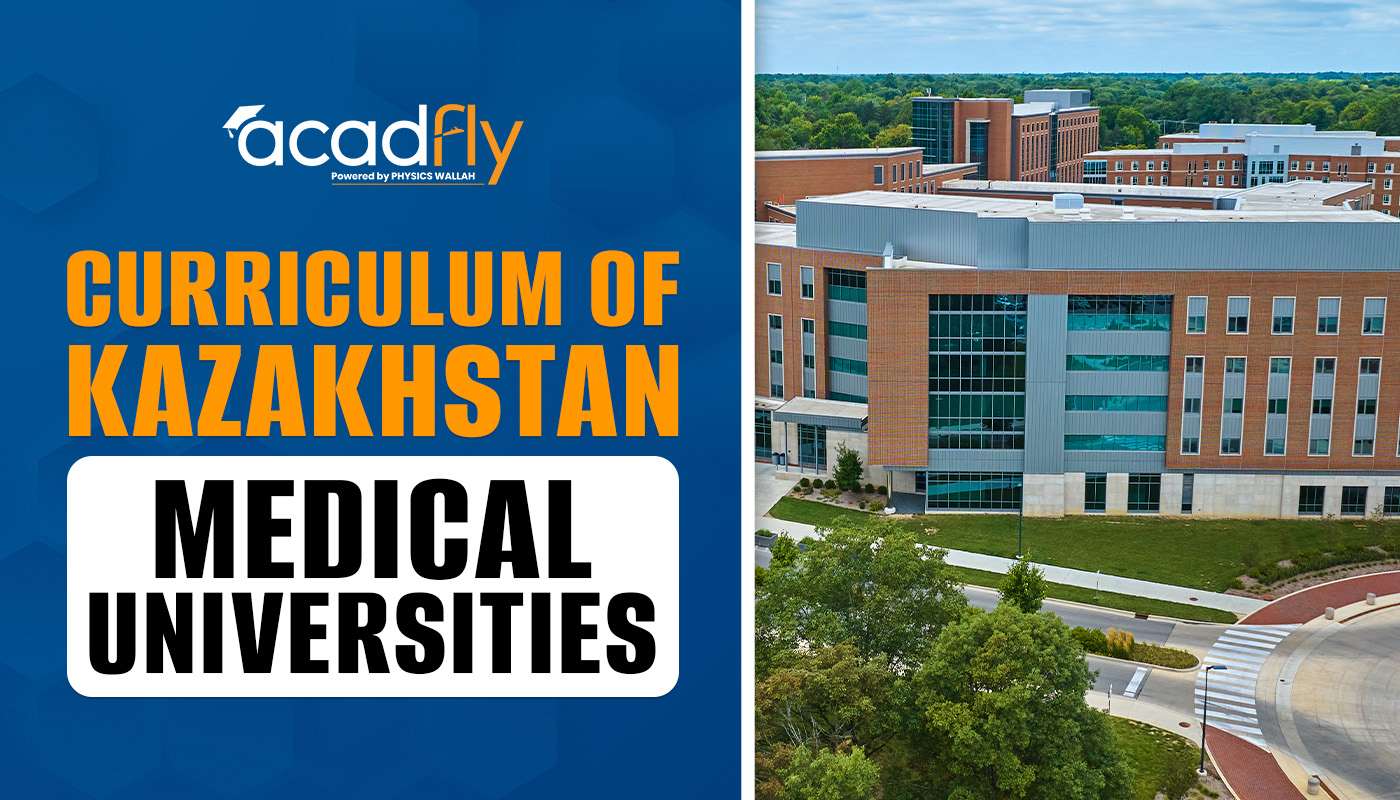


Navigating Education in Ireland: Thinking about studying abroad? Ireland has become one of the top destinations for international students who want a world-class education, global exposure, and post-study career opportunities.
With its friendly environment, research-driven universities, and English-speaking campuses, Ireland offers a unique mix of academic excellence and cultural charm.
Here covers everything you need to know before you pack your bags, including the Ireland education system, student visa requirements, cost of studying in Ireland, and the top universities in Ireland that can shape your future.
Why Study in Ireland for International Students?
Ireland attracts over 35,000 international students every year, thanks to its high-quality education and globally recognized degrees. Here’s why studying in Ireland is a smart choice:
1. Globally Recognized Education
Irish universities are ranked among the top 3% worldwide. Degrees earned here are accepted across Europe, the US, Canada, and beyond. (Do check courses and degrees as per your future goals).
2. English-Medium Instruction
Almost all Irish universities teach in English, eliminating language barriers for international students. So this is a great thing for all students as they can study easily. (Also, if you feel anything, then you can take help from your Irish teachers or friends.)
3. Strong Industry Links
Ireland is home to leading global companies like Google, Apple, Pfizer, Facebook, and Microsoft — giving students access to internships and future job opportunities. This is a good way of building connections. These connections will help you in future opportunities.
4. Post-Study Work Opportunities
After completing their degree, international students can stay back to work for up to 2 years under the Third Level Graduate Scheme. For example, Students can do many things in Ireland, as many options are available there. So ideally, Ireland will provide students with many opportunities.
5. Welcoming and Safe Environment
Ireland is known for its hospitality, friendly culture, and safe cities, perfect for students living away from home. Basically, for Ireland, everyone says it is a very good place for everyone in terms of everything.
Understanding the Ireland Education System
Ireland education system is one of the most organized and transparent in the world. It is governed by the National Framework of Qualifications (NFQ), ensuring that all degrees and certifications are internationally comparable and accredited.
|
Understanding the Ireland Education System |
||
|
Level |
Type of Education in Ireland |
Age / Entry |
|
Level 1–4 |
Primary and Secondary Education |
5–18 years |
|
Level 5–6 |
Further Education (Diplomas / Certificates) |
18+ years |
|
Level 7–10 |
Higher Education (Undergraduate, Postgraduate, Doctoral) |
18+ years |
Higher Education Institutions
Ireland’s higher education sector includes:
-
Universities in Ireland: Offer Bachelor’s, Master’s, and PhD programs across disciplines.
-
Institutes of Technology: Basically, they provide hands-on learning in engineering, IT, business, and applied sciences.
-
Private Colleges: Specialize in niche areas like business, design, law, and hospitality.
Learning Style
Note that, unlike rote-learning systems, Irish education focuses on critical thinking, independent study, and continuous assessments. Expect to engage in seminars, projects, and case studies that prepare you for real-world challenges. (Basically, all this makes a person smarter, and he or she will gain experience).
Ireland Student Visa Requirements
To study in Ireland, international students (especially from outside the EU/EEA) must apply for a long-stay D-type student visa. Below are the key details:
|
Types of Student Visas |
||
|
Visa Type |
Duration |
Purpose |
|
C-Type Visa |
Up to 3 months |
Short-term courses |
|
D-Type Visa |
Over 3 months |
Undergraduate or postgraduate programs |
Documents Required for Ireland Student Visa
-
A letter of Acceptance from a recognized Irish institution in which the student has applied.
-
Proof of Financial Support: Evidence of access to at least €10,000 per year for living expenses.
-
Tuition Fee Proof: Evidence that the tuition fee has been paid or partially paid.
-
Passport: Valid for at least 12 months after your intended arrival.
-
Health Insurance: Mandatory for all non-EU students.
-
Proof of English Proficiency: IELTS, TOEFL, or PTE Academic scores.
-
Visa Application Fee: €60 (single entry) or €100 (multi-entry).
Work and Stay Rights
Students in Ireland can work up to 20 hours per week during term and 40 hours during vacations. After completing their course, they can apply for the Irish Third Level Graduate Scheme to stay back, gain work experience, and explore opportunities. Check below for details.
Cost of Studying in Ireland
The cost of studying in Ireland depends on your course, university, and lifestyle. Here’s a clear breakdown of tuition and living expenses to help you plan your budget:
|
Average Tuition Fees for International Students |
|
|
Program Type |
Annual Fee Range (EUR) (approximation) |
|
Undergraduate (Arts, Humanities, Business) |
€9,850 – €22,000 |
|
Undergraduate (Science, Engineering) |
€12,000 – €25,000 |
|
Postgraduate (Arts, Humanities) |
€9,000 – €20,000 |
|
Postgraduate (Science, Engineering, Technology) |
€10,000 – €35,000 |
|
Medicine & Health Sciences |
€30,000 – €55,000 |
Note - For the most accurate details, check the official website of the college or university.
Estimated Living Expenses
The cost of living in Ireland varies depending on your city, lifestyle, and housing choices. Students in Dublin generally spend more compared to those in cities like Cork or Galway. (To help you plan better, check the table below for the estimated living expenses for international students in Ireland.)
|
Estimated Living Expenses (estimated cost) |
||
|
Expense |
Monthly Cost (EUR) |
Annual Cost (EUR) |
|
Accommodation |
€600 – €1,200 |
€7,200 – €14,400 |
|
Food |
€200 – €400 |
€2,400 – €4,800 |
|
Transport |
€50 – €100 |
€600 – €1,200 |
|
Utilities & Internet |
€100 – €150 |
€1,200 – €1,800 |
|
Miscellaneous |
€100 – €200 |
€1,200 – €2,400 |
Note - Total Estimated Annual Cost: €18,000 – €30,000 (Also, this cost is just an approximation; original fees differ. Students are advised to check the official website for check correct fees.)
Tips to Manage Costs
Below we have provided everything that students need to know when studying in Ireland:
-
Choose shared housing or live outside Dublin for cheaper rent or with a relative or something.
-
Use student discounts for public transport and entertainment. They provide some great discounts to students. This way, students can enjoy a lot of financial benefits there.
-
Work part-time during semesters to cover personal expenses. Most of the students do this so that they can stay comfortably there.
-
Apply for university scholarships to reduce tuition costs. I.e., the most important step.
Scholarships for International Students in Ireland
Several scholarships are available for international students to make education more affordable. (So students are advised to check every scholarship detail carefully before applying for any, also it is important to check course details carefully.)
|
Scholarships for International Students in Ireland |
||
|
Scholarship |
Offered By |
Benefit |
|
Government of Ireland International Education Scholarship |
Irish Government |
Full tuition + €10,000 living stipend |
|
UCD Global Excellence Scholarship |
University College Dublin |
Up to 100% tuition waiver |
|
Trinity College Dublin Global Excellence Scholarship |
TCD |
Partial tuition coverage |
|
NUI Galway International Student Scholarship |
University of Galway |
€1,500 – €3,000 |
|
Maynooth University International Scholarship |
Maynooth University |
€2,000 fee reduction |
Note - Most scholarships are merit-based, so maintaining strong academic performance can greatly improve your chances. To know more about these, take guidance from parents or teachers to understand better. As someone experience can guide you better.
Top Universities in Ireland for International Students
Ireland is home to several globally ranked universities offering diverse programs in management, engineering, IT, medicine, and the humanities.
|
Top Universities in Ireland for International Students |
|||
|
University |
Location |
QS World Ranking 2025 |
Notable Programs |
|
Trinity College Dublin (TCD) |
Dublin |
81 |
Business, Law, Engineering, Computer Science |
|
University College Dublin (UCD) |
Dublin |
171 |
Management, Science, Finance, Data Analytics |
|
University College Cork (UCC) |
Cork |
292 |
Medicine, Dentistry, Biotechnology |
|
University of Galway |
Galway |
289 |
Psychology, Marine Science, Literature |
|
Dublin City University (DCU) |
Dublin |
436 |
Business, IT, Communications |
|
Maynooth University |
Maynooth |
801–850 |
Arts, Social Sciences, Education |
|
Technological University Dublin (TU Dublin) |
Dublin |
801–850 |
Engineering, Design, Applied Sciences |
Note - All of these universities have active international student offices that help with visa, housing, and post-study career guidance.
Post-Study Work and Career Opportunities in Ireland
After completing your degree, you can stay back and work in Ireland under the Third Level Graduate Scheme.
|
Post-Study Work and Career Opportunities in Ireland |
|
|
Degree Level |
Stay-Back Duration |
|
Bachelor’s Degree |
1 year |
|
Master’s or PhD |
2 years |
Industries Hiring Graduates
Ireland is a major hub for technology, pharmaceuticals, finance, and research. Top sectors include:
-
Information Technology (IT)
-
Business & Finance
-
Biotechnology & Healthcare
-
Engineering
-
Data Science and Analytics
Note - Global giants such as Google, Meta, Intel, IBM, and Deloitte actively recruit from Irish universities, offering competitive packages and global career exposure.
How to Apply to Study in Ireland?
Here’s a simple step-by-step roadmap for your Irish education journey:
-
Research Courses & Universities: Choose your program (interested one) and preferred institution. Also, keep in mind to check the institution properly before applying.
-
Check Entry Requirements: Ensure you meet academic and English proficiency standards.
-
Apply Online for the application: Submit your application directly through the university’s website.
-
Receive Offer Letter: Once accepted, pay the initial tuition deposit. This step is very important, as otherwise you will miss the opportunity. Also, for the offer letter, take advice from others for more details, and before acceptance.
-
Apply for a Student Visa: Submit all required documents and proofs. Keep in mind to submit the original documents, as a photocopy will not work.
-
Book Accommodation: On-campus or private housing options. There are multiple options available for the students. Select yours as per your comfort.
-
Travel & Register: After arrival, register with the Irish immigration authorities. Do not forget to take every document with you, as otherwise you may face difficulties.
Life as an International Student in Ireland
Studying in Ireland offers much more than just a degree. The student lifestyle is engaging, diverse, and full of opportunities.
-
Amazing Campus Life: Universities host cultural clubs, societies, and sports activities. In Ireland, students will get an amazing campus life and most of the things.
-
Safe and Inclusive Culture: Ireland is among the top 15 safest countries in the world.
-
Travel-Friendly Location: You can easily check the rest of Europe from Ireland via affordable flights.
-
Supportive Community: Dedicated international student offices assist with housing, healthcare, and career advice.
FAQs on Navigating Education in Ireland
What makes Ireland a good destination for international students?
How is the Ireland education system structured for students?
What are the Ireland student visa requirements for international students?










